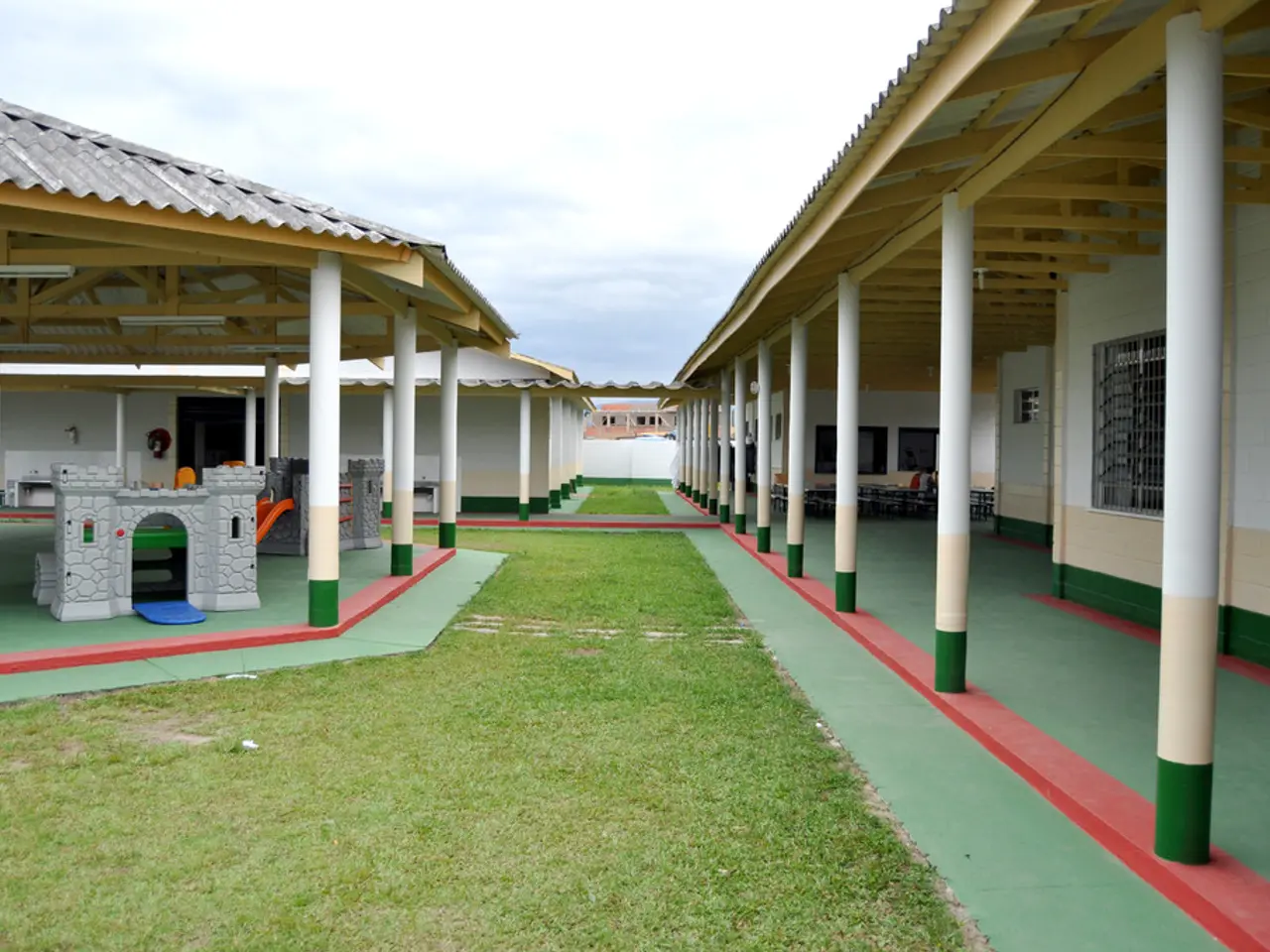Steep Increase in Sewer Rates According to Taxpayers' Union - Increase in water bills for taxpayers, as reported by the Taxpayers' Association
In the heart of Germany, the regions of Münster and Düsseldorf have been making headlines for their waste management practices. Despite having a smaller population, Münster manages with eleven recycling centers, while Düsseldorf operates with a more streamlined three.
This difference in infrastructure has been a topic of discussion, with some suggesting a need for more restraint in the number of recycling centers in North Rhine-Westphalia. Weekly collections in Düsseldorf, a city often used as an example in the context of waste management, contribute to higher waste disposal costs.
The widespread obligation to use a biowaste bin also drives up these costs. The model household used for analysis consists of a 4-person family with a 120-liter residual waste bin and a 120-liter biowaste bin, emptied every 14 days.
The Taxpayers' Association, a relevant player in the discussion of waste management in North Rhine-Westphalia, attributes the significant recent increase in sewer charges primarily to the state's efforts to address nitrate pollution in groundwater. The Federal Administrative Court of Germany mandated that North Rhine-Westphalia must take stricter measures to reduce nitrate contamination.
This regulatory pressure to improve water quality and comply with court rulings likely requires extensive investments in advanced treatment technologies and infrastructure renewal. These factors contribute to the notable rise in fees. While the exact quotes from the Taxpayers' Association were not found in the search results, the context provides a clear explanation for the rising costs.
The increase in waste disposal charges in North Rhine-Westphalia is an issue of concern for many residents. As the region continues to implement stricter environmental regulations, it will be interesting to see how waste management practices evolve and how costs are managed.
In the realm of political discussions, the Taxpayers' Association has highlighted the link between waste management policies and financing, suggesting that the proliferation of vocational training centers for waste management in North Rhine-Westphalia could potentially reduce costs by optimizing operations and creating a more skilled workforce. Moreover, the association has called for a reconsideration of waste-related business models, advocating for more sustainable practices that might lower costs in the long run, such as expanding vocational training programs in waste management.




